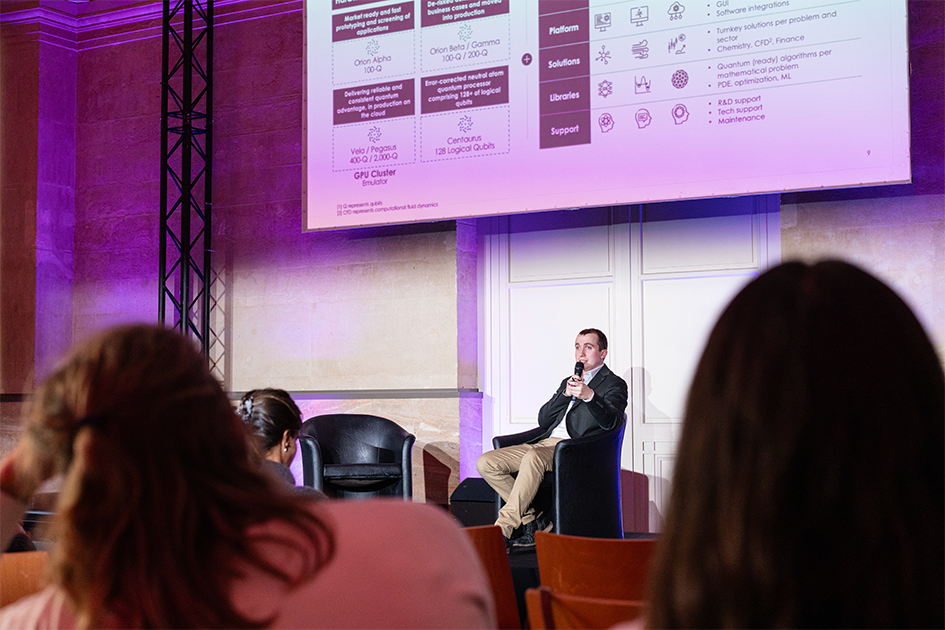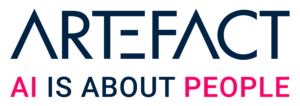AI for Finance Summit by Artefact - September 17th, 2024 - Paris
Key learnings from the keynote by Vincent Martin, Technical Business Developer at Pasqal.
Quantum computing in finance
Vincent Martin from Pasqal discusses quantum computing’s role in finance, focusing on neutral atoms technology. The presentation covers an overview of quantum computing, Pasqal’s technology, finance use cases, and a project example with Crédit Agricole.
Quantum computing basics
Unlike traditional computers using bits (0 or 1), quantum computers use qubits, which can exist in both states simultaneously. Various players are exploring different methods to implement qubits, including Pasqal’s neutral atoms approach.
Digital vs. analog quantum approaches
Two approaches exist: digital, which uses quantum gates like classical logic operations, and analog, which Pasqal uses. The analog approach manipulates qubits collectively with electromagnetic waves, favoring short-to-medium-term quantum advancements. While the digital method is universal, it struggles with complex algorithms due to qubit limitations.
Pasqal’s roadmap and technology
Founded in 2019, Pasqal has rapidly advanced in neutral atoms quantum computing, receiving significant funding and support, including a Nobel Prize for co-founder Alain Aspect. PASQAL plans to expand their quantum processing units (QPUs) to over 1,000 trapped atoms by 2024. The technology uses lasers to trap and manipulate atoms, and a camera captures qubit states to derive results.
Pasqal’s full-stack approach
Pasqal supports clients across the quantum value chain, from hardware to custom algorithm development. Its QPUs currently handle up to 100 qubits, with plans to reach 2000 qubits and logical processing by 2028, enhancing quantum computation capabilities.
Finance use cases
Quantum computing is well-suited to financial data, often represented as graphs. Nodes can signify currencies or companies, and edges represent exchanges or transactions. Pasqal’s analog computing optimizes these graphs to identify patterns like arbitrage opportunities or detect fraud, using methods like quantum evolution kernels.
Portfolio optimization and quantum computing
In portfolio optimization, quantum computing can maximize returns and minimize risks by solving graph-based problems like Quadratic Unconstrained Binary Optimization (QUBO). Pasqal’s quantum algorithms are significantly faster than classical approaches. Quantum computers will complement rather than replace classical systems, similar to how GPUs enhance CPUs.
Quantum computing and sustainability
Quantum computers are energy-efficient, consuming up to 10,000 times less energy than supercomputers. They also excel in certain models, making them valuable for applications in electrification, decarbonization, and new materials development.
Case study
Crédit Agricole: Pascal and Crédit Agricole CIB collaborated to predict risk levels in lending. The goal was to outperform traditional machine learning, such as random forest classifiers. Pascal’s hybrid algorithm (Cubost) achieved the same accuracy but trained 3.5 times faster, using only 50 qubits, showcasing the potential of quantum computing in finance.

 BLOG
BLOG



